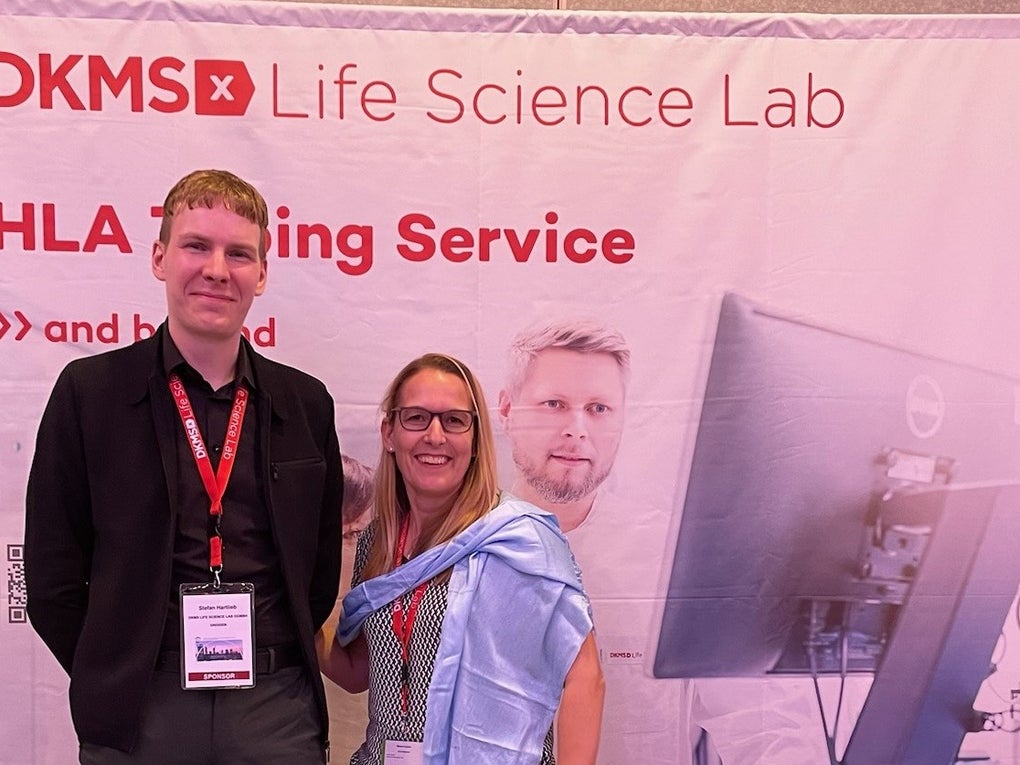
APHIA Annual Meeting 2023
The Asia-Pacific Histocompatibility and Immunogenetics Association (APHIA) 2023 scientific meeting, held from November 13th to 16th in Perth, Western Australia, proved to be a captivating and enlightening event for researchers and professionals in the field of transplantation.
One of the standout sessions featured a talk by Effie Pedersdorf on the "Immunogenetics of Allogeneic Hematopoietic Cell Transplantation". Pedersdorf delved into the importance of not only having a look at allocation mismatches but speaking about molecular mismatches as well. In a study, she and the international histocompatibility working group were able to show a high significance of specific molecular mismatches on HLA DQA1 and she offered valuable insights into their compelling data and recommendations for clinical applications.
Another highlight was the engaging session by Prof Jill Hollenbach, "Ask Me Anything: HLA Insights Through Donor Registry Surveys". She covered the Ancestry Questionnaire Project, exploring genetic diversity, the HLA-COVID-19 Citizen Science Project, examining HLA's role in COVID-19 susceptibility, and shared results from HLA region fine-mapping studies identifying susceptibility loci for common infections.
Dr. David Sayer brought a thought-provoking perspective to the event with his discussion on "How mismatched are matched unrelated donors and what does this mean for future donor selection and typing strategies". His insights raised crucial questions about the implications of donor mismatches and their potential impact on future transplantation strategies.
Closing the event on a high note, Naser El-lagta presented on the "Development and validation of non-classical HLA genotyping assay targeting HLA-E, -F, -G, -H, MICA, and MICB using 48 International Histocompatibility Workshop (IHW) samples". El-lagta's work showcased advancements in non-classical HLA genotyping, offering a promising avenue for future research and applications.
APHIA 2023 succeeded in bringing together leading experts and fostering a collaborative environment for the exchange of groundbreaking research in histocompatibility and immunogenetics. The insights shared during this event are poised to shape the future of transplantation and immune-related research, making APHIA a pivotal platform for advancements in the field.